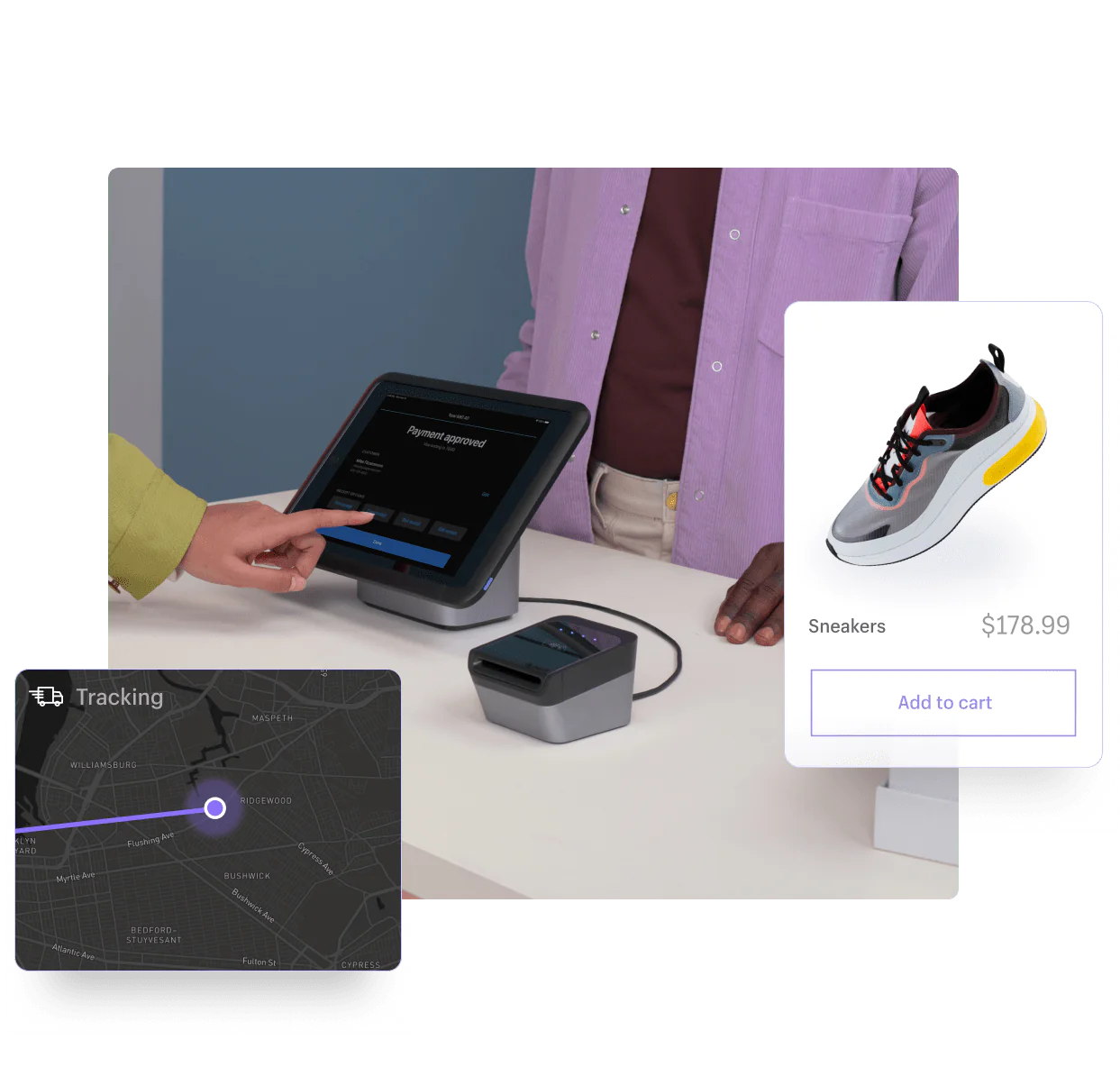
In today's digital age, we've all become intimately familiar with the frustration of passwords. They're a necessary evil to protect our online accounts and sensitive information, but they can be incredibly burdensome to manage. From forgotten passwords to security breaches, it often feels like the conventional username-and-password system is in dire need of an overhaul. Enter Google, a tech giant known for setting trends and pushing the boundaries of innovation. Recently, Google took a significant step towards ending the reign of traditional passwords by making passkey logins the default option for its users. In this blog post, we'll explore what passkey logins are and why Google's move is a game-changer for online security.
The Trouble with Passwords
For years, passwords have been the primary means of securing our digital lives. However, they come with a host of issues. First and foremost is the human factor. People tend to choose weak passwords, reuse them across multiple accounts, and often forget them, leading to frustrating password resets. On top of this, passwords can be easily stolen through phishing attacks, data breaches, or brute force methods. It's a never-ending cycle of inconvenience and vulnerability
The Rise of Passkey Logins
To address the inherent problems with passwords, companies have been exploring alternative authentication methods. One such method is the passkey login, also known as WebAuthn (Web Authentication). This approach leverages public-key cryptography to make logging in more secure and user-friendly.
A passkey, in this context, is a unique cryptographic key that's stored on a user's device. When you attempt to log in to a website or service, your device generates a cryptographic signature using your passkey, which is then verified by the server. Unlike traditional passwords, these passkeys are nearly impossible to steal, as they are stored locally on your device and aren't transmitted over the internet. This significantly reduces the risk of phishing attacks, credential stuffing, and other common security threats.
Google's Bold Move
FIn a groundbreaking move, Google recently made passkey logins the default option for all its users. This means that instead of relying on traditional passwords, Google users will now have the option to set up and use passkeys as their primary authentication method. This is a significant step towards mainstream adoption of this more secure, user-friendly, and future-proof authentication method.
Benefits of Google's Passkey Logins
Enhanced Security: Passkey logins are much more secure than traditional passwords. They are resistant to many types of cyberattacks, including phishing, as the cryptographic keys never leave the user's device.
Convenience: Users no longer need to remember complex passwords or engage in tedious password resets. With passkey logins, the user's device does most of the work, making the login process more straightforward.
Future-Proofing: Passkey logins are designed with the future in mind. They are adaptable to emerging security standards and technologies, ensuring that your online accounts stay protected in an ever-evolving digital landscape.
Google's decision to make passkey logins the default option for its users marks a significant milestone in the ongoing effort to replace traditional passwords with more secure and user-friendly authentication methods. Passkey logins provide a more robust defense against cyber threats and promise a future where the frustration of forgotten passwords and security breaches becomes a relic of the past. While it may take some time for passkey logins to become the norm across the internet, Google's endorsement is a significant step in the right direction, signaling the beginning of the end for passwords as we know them. So, as you look forward to a more secure and convenient online experience, prepare to say goodbye to the age of passwords, thanks to Google's bold initiative.
More Posts
Share this Post






